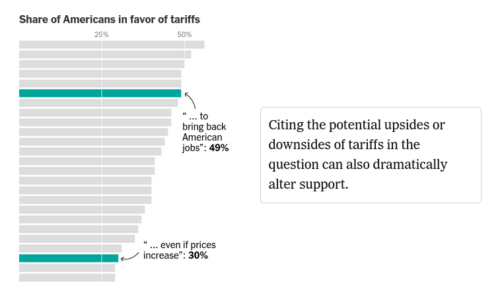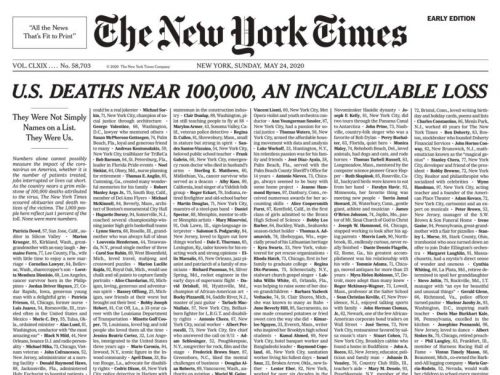Esto me recuerda que me contó no hace mucho Eduardo Mendoza que lo que más le gusta en la vida es ser extranjero. Ha vivido un tiempo en Nueva York como traductor y en Londres, y esa sensación que tú describes es la más confortable. Yo sumaría una cosa más, lo dice un buen amigo mío americano que se llama Simon Blinder. Dice que como extranjero tengo derecho a actuar con total impunidad. «You can get away with anything», me decía, «te lo van a perdonar todo».
…que tú como corresponsal seas un poco la experiencia vicaria del lector o del oyente en el país en el que estás. Entonces, tú cuentas un poco tu vida a través de las crónicas y, entonces, el lector va a entender mucho mejor lo que está pasando, porque son tus ojos los que lo están viendo. Saben que tú eres un padre de familia, que tienes una determinada edad, que llevas un determinado tiempo y conocen un poco tu contexto. Y yo creo que los mejores corresponsales que ha tenido este país son aquellos que han conseguido crear un personaje con su propia estancia en ese país.
Estados Unidos es por ejemplo un país en el que el fracaso está bien visto y forma parte de tu aprendizaje, pero un español en su currículum nunca escribiría los fracasos que ha tenido. Por ejemplo, que montó una empresa, contrató a cuarenta personas y tuvo que acabar cerrando porque no consiguió inversiones, no lo pondría nunca. Un americano lo pone, porque significa que ha emprendido, ha creado algo que luego no ha funcionado, pero que lo ha intentado, y entonces lleva esa forma de aprendizaje y lleva eso consigo. El fracaso forma parte de la llegada hacia el éxito. Es una etapa, y por eso el fracaso es siempre bienvenido. A los niños americanos, cuando hacen algo mal, siempre les dicen: «No, esto está mal, pero no importa, porque de esto has aprendido y tienes que cambiar esto», o sea, les están enseñando a aprovechar ese fracaso para seguir subiendo.
Yo vivo cada día pensando que estoy en un paréntesis, y puede serlo o no serlo, pero tengo la sensación de que yo seguramente volveré allí más pronto que tarde, que estoy aquí de paso. Hasta el punto de que incluso en nuestra casa en España hay cosas que no hacemos porque, si crees que mucho más no vas a durar, para qué vas a pintar el pasillo. Lo dramático es que es la misma sensación con la que llegué a Washington de corresponsal, y lo que me pasará cuando mis hijas escojan —seguro que pasa— países diferentes para vivir. Así que creo sinceramente que esa es una sensación con la que voy a vivir el resto de mi vida: la sensación de que, esté donde esté, es temporal.
Nosotros hemos hablado de lo bien que se siente uno siendo extranjero, una sensación muy agradable, pero, claro, somos extranjeros de piel blanca en un país donde también hay blancos, somos extranjeros bien tratados. Para mí una de las cosas más maravillosas que me ha enseñado Estados Unidos es que allí, cuando quieren saber de dónde eres, te lo preguntan de una manera que es absolutamente integradora, te preguntan: «Where are you from originally?», de dónde eres originalmente, ellos asumen que tú eres americano, aunque tengas un pequeño acento, aunque sepan que vienes de otro lugar, ellos dan por hecho de que tú eres americano. Pero claro, nosotros somos de piel blanca. Imagínate que tú eres pakistaní en Roma, hubieras sido tratado de otra manera muy diferente.




